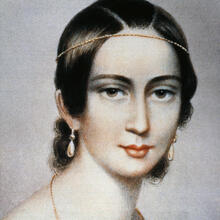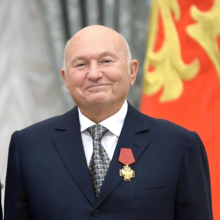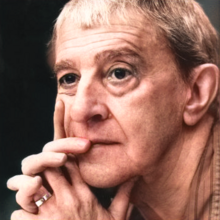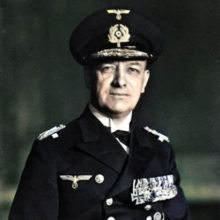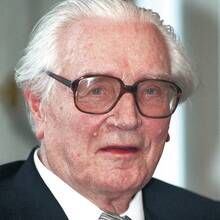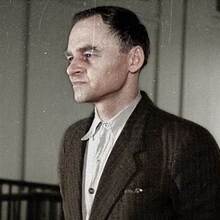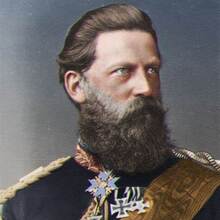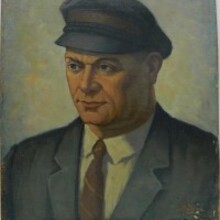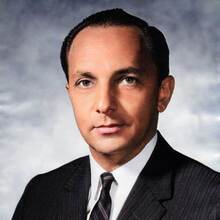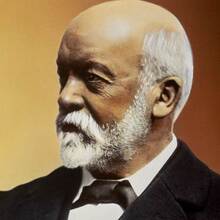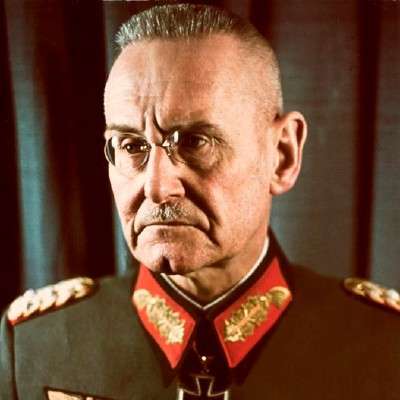
Personal
Other names:
Job / Known for:
Chief of the Army General Staff
Left traces:
Halder's diaries and war journals
Born
Date:
1884-06-30
Location:
DE
Würzburg, Kingdom of Bavaria, German Empire
Died
Date:
1972-04-02 (aged 88)
Resting place:
DE
Death Cause:
Heart attack
Family
Spouse:
Gertrud Erl (m. 1907)
Children:
Four daughters and one son
Parent(s):
Max Halder and Anna Schultes¹
QR Code:
Show More
Rank
Users ranking to :
Thanks, you rate star
Ranking
5.0
1
About me / Bio:
Show More
Article for Franz Halder
Died profile like Franz Halder
Comments:

